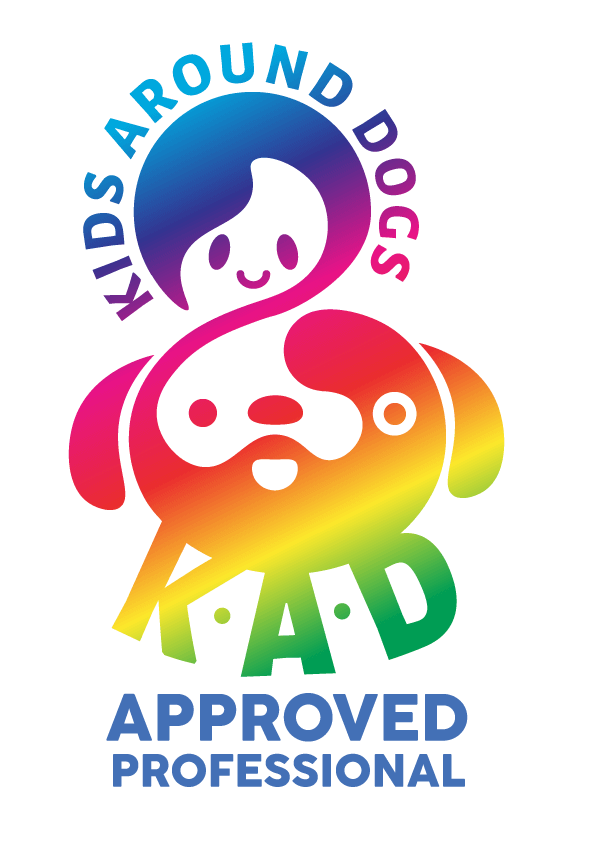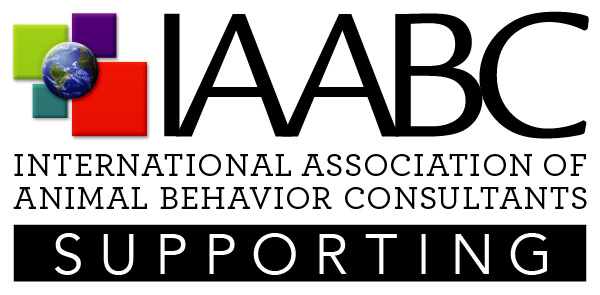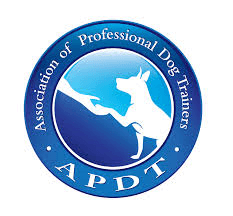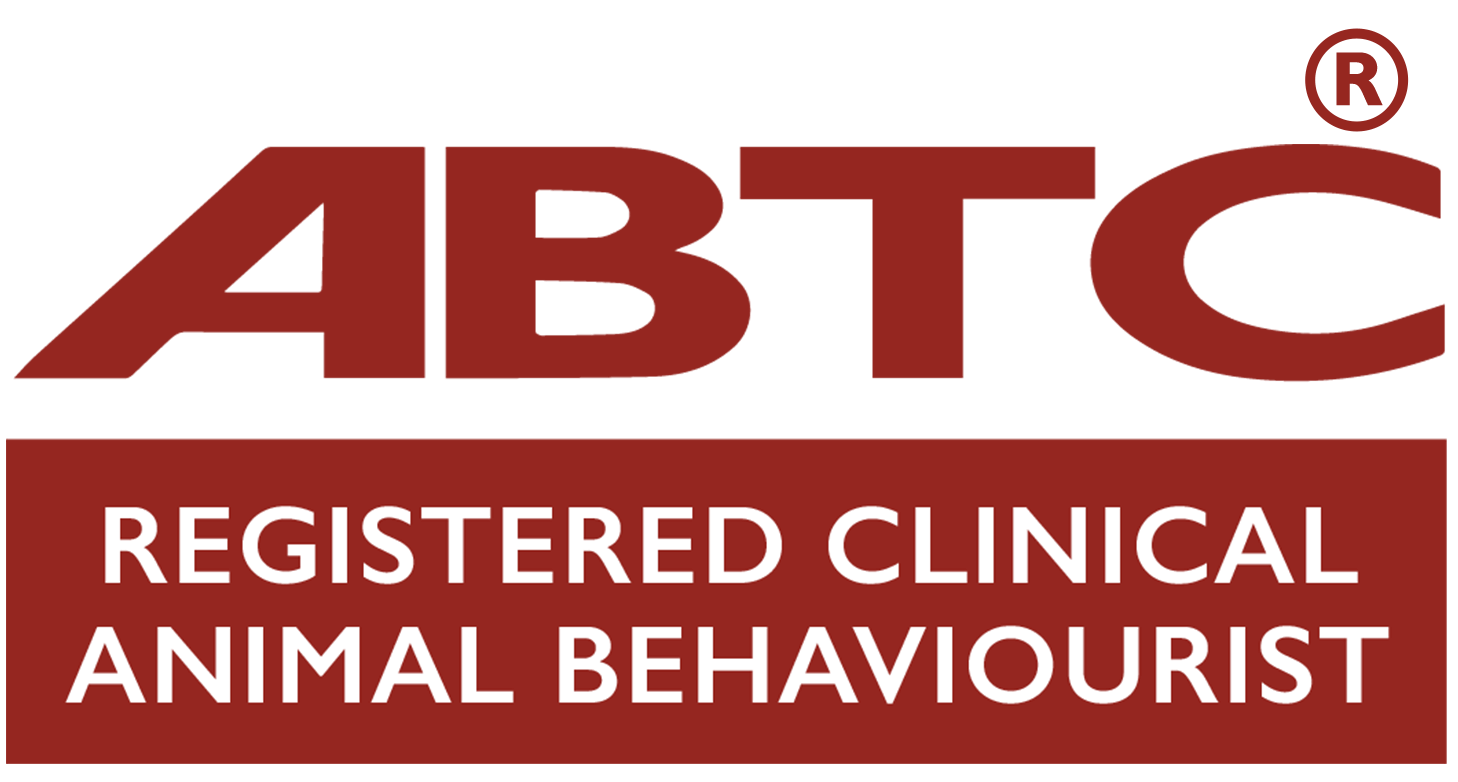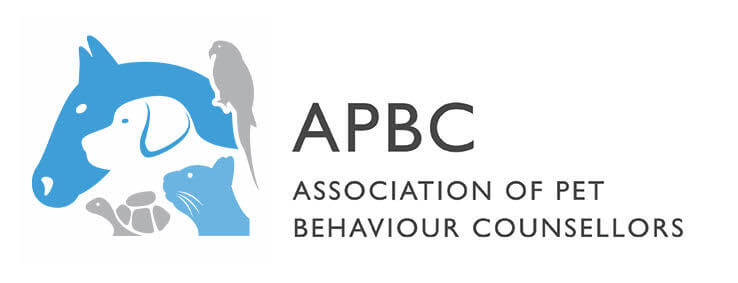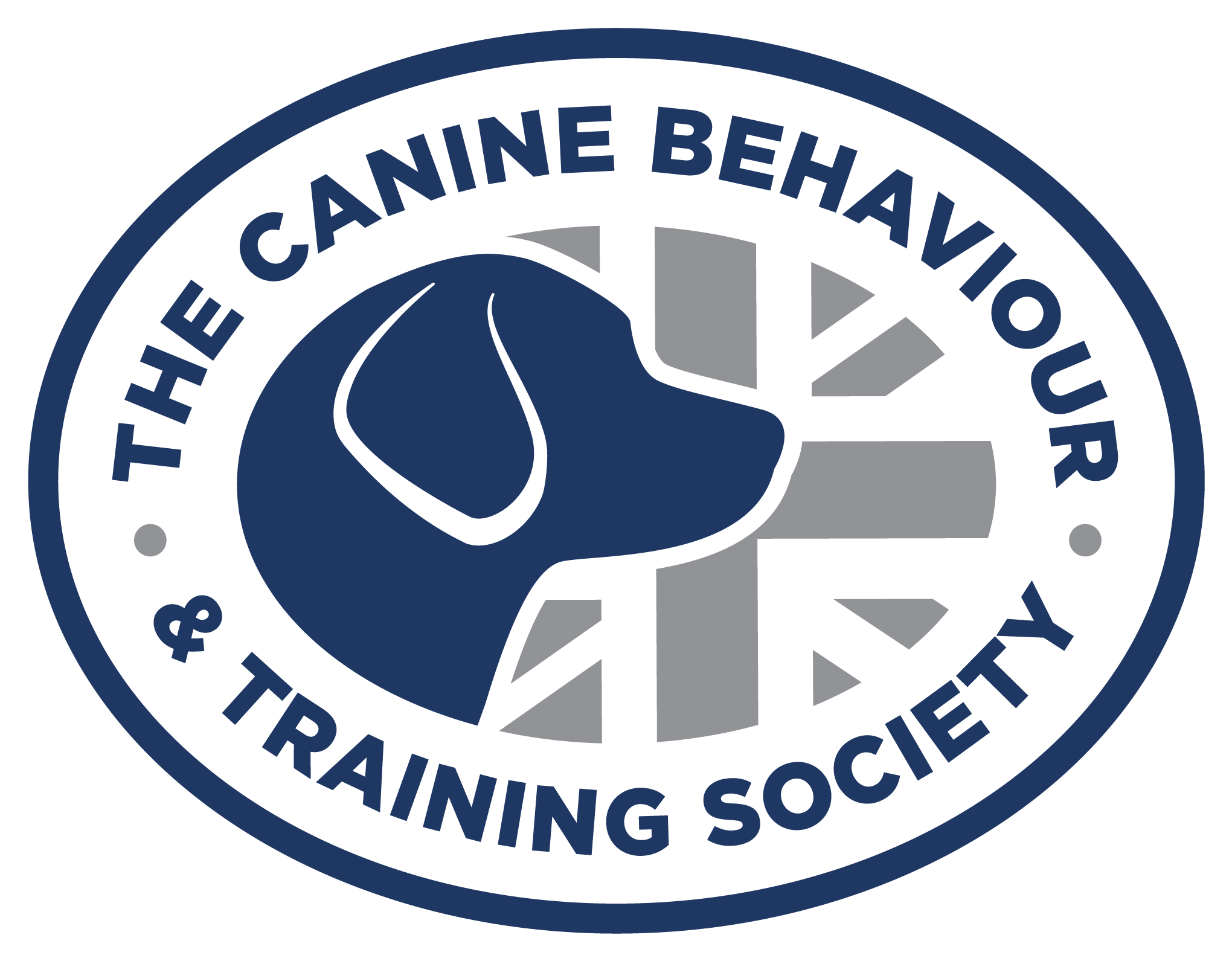This article is aimed at animal practitioners to help them better understand how cultural and social norms (folkways) can influence their client’s behaviour, and why it’s important to know about them.
Animal behaviour consultants play a crucial role in helping pet owners address and modify their animals’ problematic behaviours. However, successful outcomes depend not only on the consultant’s knowledge and expertise but also on their ability to understand and connect with their clients. In this regard, the concept of “folkways” provides valuable insights into the cultural and social norms that influence client behaviour, ultimately shaping the effectiveness of behaviour change programmes. By recognising and respecting these folkways, animal behaviour consultants can enhance their understanding of clients and establish a stronger foundation for successful interventions.
Understanding folkways
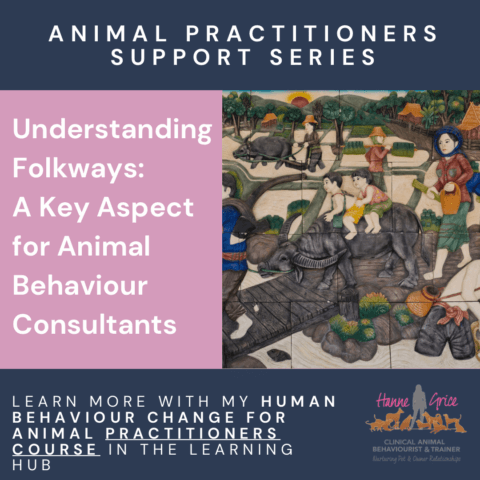
Folkways are the customary patterns of everyday life shared by a particular social group or community. They encompass the unwritten rules, habits, and expectations that guide human interactions within a given cultural context. While folkways are not necessarily binding, they significantly influence individuals’ behaviours and can vary across different societies, ethnic groups, and even subcultures.
Animal behaviour consultants work with clients from diverse cultural backgrounds, each with their own set of beliefs, values, and social norms. These cultural factors can influence the clients’ perceptions of pet behaviour and their expectations for behaviour change. By recognising and respecting these cultural nuances, consultants can establish trust and rapport with their clients, ensuring a more productive working relationship.
The impact of folkways on pet behaviour
Folkways are deeply ingrained in the daily routines and practices of pet owners. For example, certain cultural groups may prioritise strict obedience in their pets, while others may place greater emphasis on companionship or independence. These expectations influence the clients’ perception of what constitutes normal or acceptable pet behaviour. Animal behaviour consultants must be aware of these variations and tailor their advice accordingly.
Cultural sensitivity
By understanding the folkways specific to their clients’ cultural backgrounds, consultants can gain valuable insights into their expectations and motivations. This knowledge enables them to develop behaviour change programmes that are culturally sensitive and relevant, increasing the likelihood of successful outcomes. And, by recognising and appreciating these differences, consultants can avoid misunderstandings and develop stronger rapport with their clients.
Effective communication
Clear and effective communication is crucial in the client-consultant relationship. However, cultural differences can sometimes pose challenges to understanding and conveying information accurately. Consultants who familiarise themselves with the folkways of their clients can adapt their communication style and techniques accordingly, ensuring that information is conveyed in a manner that is easily comprehensible and relatable. Consequently, animal behaviour consultants should be mindful of verbal and non-verbal cues, their client’s preferred communication styles, and appropriate levels of formality. Active listening, empathy, and clear explanations are essential components of effective communication, enabling consultants to build trust and establish collaborative relationships with clients.
Hence, when consultants demonstrate an understanding of their clients’ folkways, it fosters a sense of empathy and respect. It shows that the consultant acknowledges and values the client’s cultural background, which can positively impact the client’s willingness to follow through with recommended behaviour change strategies.
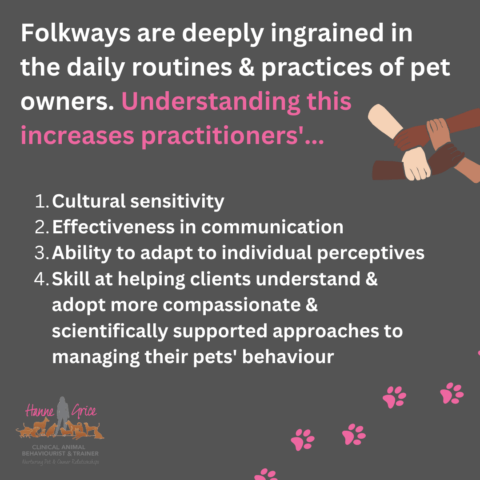
Individual perspectives
Folkways also shape individuals’ perspectives on pet behaviour and the goals they seek to achieve through behaviour change programmes. Animal behaviour consultants should actively inquire about clients’ expectations, motivations, and priorities. By considering these individual perspectives, consultants can tailor interventions that align with their clients’ goals, increasing the likelihood of successful outcomes.
Respect for Animal Welfare
Folkways often influence the perception of appropriate treatment and interactions with animals. Animal behaviour consultants must balance clients’ cultural beliefs with ethical considerations and best practices in animal welfare. By engaging in open dialogue and education, consultants can help clients understand and adopt more compassionate and scientifically supported approaches to managing their pets’ behaviour.
Case Study: Applying folkways in animal behaviour consultancy
To illustrate the practical application of folkways in animal behaviour consultancy, consider an animal behaviour consultant working with a client from a culture that traditionally views pets as working animals rather than companions. Understanding this cultural perspective helps the consultant recognise that the client may prioritise the pet’s ability to perform tasks or specific roles over providing for some of the animal’s behavioural and psychological needs (e.g., foraging or companionship). By incorporating this knowledge into the behaviour change programme, the consultant can develop behavioural training techniques that align with the client’s cultural expectations, resulting in greater client satisfaction and improved pet behaviour.
Key-take aways
In animal behaviour consultancy, understanding the folkways of clients plays a crucial role in achieving successful outcomes. By recognising and appreciating the cultural nuances that shape clients’ perspectives on pet behaviour, consultants can tailor their approach to meet the unique needs of each individual. Effective communication, cultural sensitivity, empathy, and accounting for individual perspective whilst maintaining ethical and professional practice, are essential components of this process. Incorporating the principles of folkways enables animal behaviour consultants to bridge cultural gaps, enhance client relationships, and ultimately promote positive behaviour change for animals.
Want to learn more? Check out my Learning Hub which includes courses aimed at animal professionals to develop their knowledge and understanding about human-animal interactions and improve the client-animal practitioner relationship, to increase the success of behaviour/training modification programmes and client cooperation.
References:
- Sumner, W. G. (1906). Folkways: A study of the sociological importance of usages, manners, customs, mores, and morals. Ginn.
- Podberscek, A. L., Paul, E. S., & Serpell, J. A. (2000). Companion animals and us: Exploring the relationship between people and pets. Cambridge University
Learn more about our classes
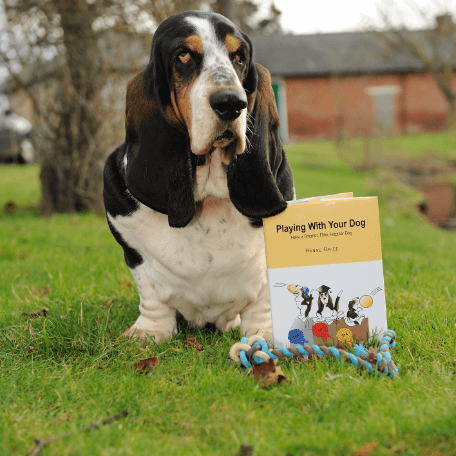
Get Hanne's Book
Playing With Your Dog will help any dog owner work out the games that are best suited for their pet to play throughout his life, from puppyhood to old age. The book also shares some tricks for all ages, group activities, and recommended toys that dogs will enjoy.















